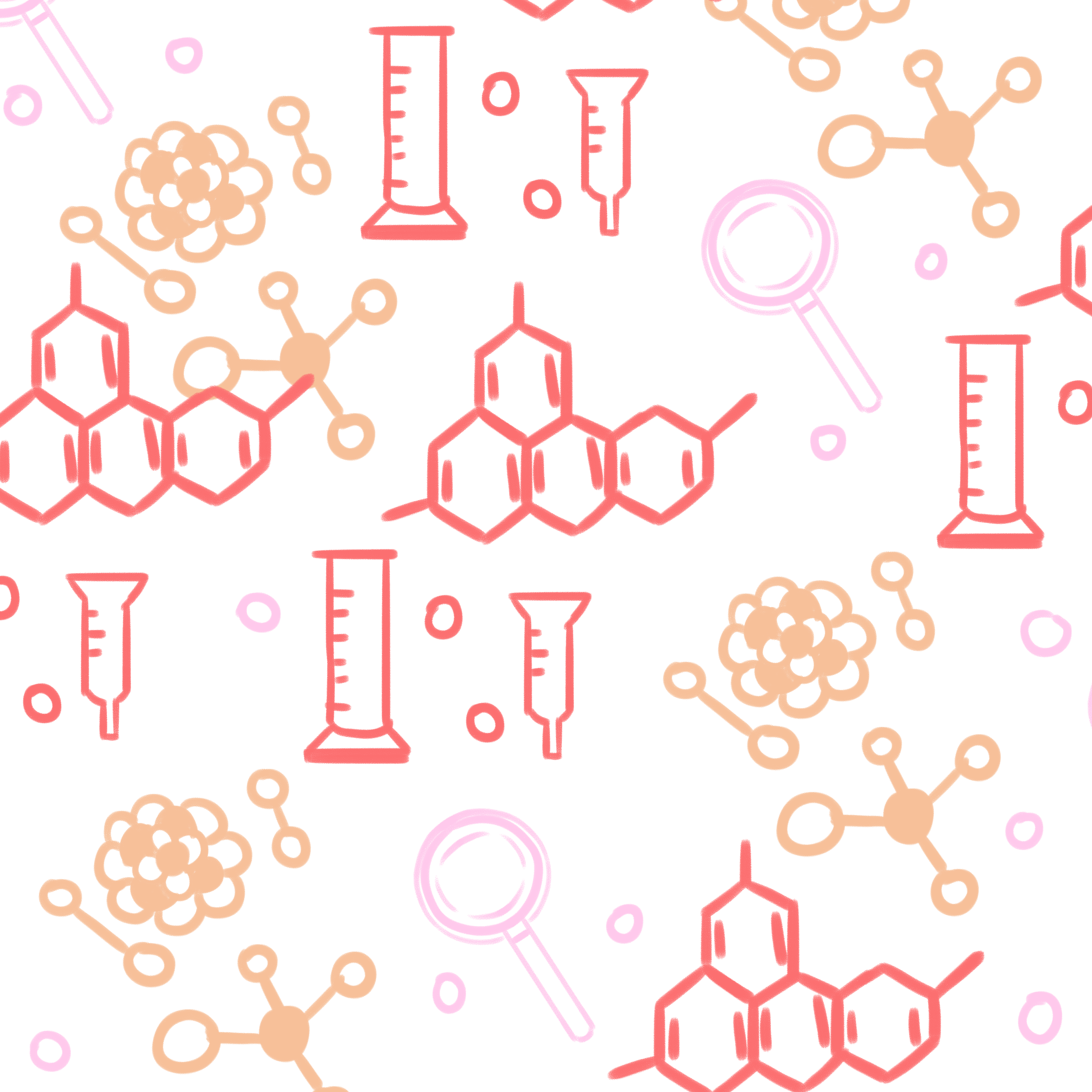
Hourly
Want an answer to a quick question? Feel like your missing something but you’re not sure what. If you need a one to five hours to figure out what you need, book some time.
Short Term
You already know what you need and you just need someone to do it. Maybe you’re overwhelmed, you’re wearing too many hats. No one can do it all and you don’t have to. Recommended for one day to one week.
Long Term
Maybe you’re short term project is more involved than you think, or perhaps you only have a vague idea what you need. When you need to develop both the deliverables and a detailed execution plan this is the option for you. Recommended for project that are three weeks or longer.

Still not sure. Have a look through this FAQ. If your still unsure you can always book time to talk with me.
-
Yes, but that is not the main focus of my business. We focus and specialize in applied research. We use applied research to support the product development process. Resulting in higher quality shorter development times and enabling future work to leverage learnings from the current product development cycle.
Product development is conducted as a part of the over all research project. When we need to test or optimize an ingredient or as a proof of concept for a process. Product development is also conducted when testing functional properties or shelf life.
-
The quick answer would be as long as it needs. But the more complex answer is the level of uncertainty or ambition that you have.
In our experience there are three types of projects: easy, medium, and hard. As you might imagine the amount of time generally increases as we increase the difficulty. However, the level of uncertainty is a big factor here. An easy project is one in which the solution is already known (the time is spent on execution and optimization). A medium project is one in which some of the answer is known or a is being translated from another field (here we need to do some applied research). A hard project is one where we need to create knowledge (possibly fundamental or apply a fundamental theory) before we can even begin to conduct the applied research and then execute and optimize.
In addition to all the above the level of expertise and content knowledge will dictate how readily an organization can complete each step. When combined you can see that some companies that already have a great deal of experience and knowledge can avoid conducting research and thus more projects will be completed in the easy time frame. However, when a company is lacking the knowledge or experience, they may struggle to complete even an easy project. For many startups they choose to develop this expertise inhouse and thus may take significantly longer than more experienced organizations. The alternative to this outcome is hire someone who can provide this expertise either as a permanent employee or as a consultant. This is of course where I can help reduce the difficulty level.
Generally speaking easy projects should only take 1-3 weeks, medium projects will take 2-3 months and hard projects can take 6 or more months (see Figure 1).
-
o Applied research is the process by which one takes preexisting theory and uses it to solve a specific problem.
o Applied research is the intersection of long-term research and short-term commercial application. It serves as the technical and communication bridge translating theory into product.
o Applied research is a mindset that strives for consistently achieving results quickly, with minimal resources and allows the possibility of leveraging successes and failures to conduct further research or develop additional products.

More Info on Project Difficulty & Trade-offs
Figure 2.
Figure 1.
As discussed above the difference between the three types of projects is related to how much knowledge and expertise you have at the beginning. In principle a the completion of a hard project will not only go through the same phases as the medium and easy projects but can directly generate new projects in these categories. However the reverse is rarely true. Please note that the above times are provided for ease of understanding and do not reflect actual average completion times.
Figure 3.
The exact time a project will take can partly be controlled / predicted by the project management triangle (Figure 2). The three elements that make any project are the cost or resources you have available, the quality or scope and the time you spend. A change in one of these three necessitates a change in at least one of the other two. So if we want to spend less time on a project we will either need to decrease the quality or increase the amount of resources available.
Time and resource management are critical to the success of any project especially as we think about scaling up (Figure 3). As you probably already know the the least costly projects are the ones that occur at the smallest scale (benchtop or lab). For the food industry scaling up to full factory level product will be needed and thus we can save on time, cost and quality by following the best project management principles and using the applied research mindset.



